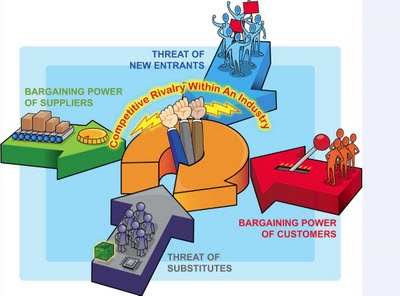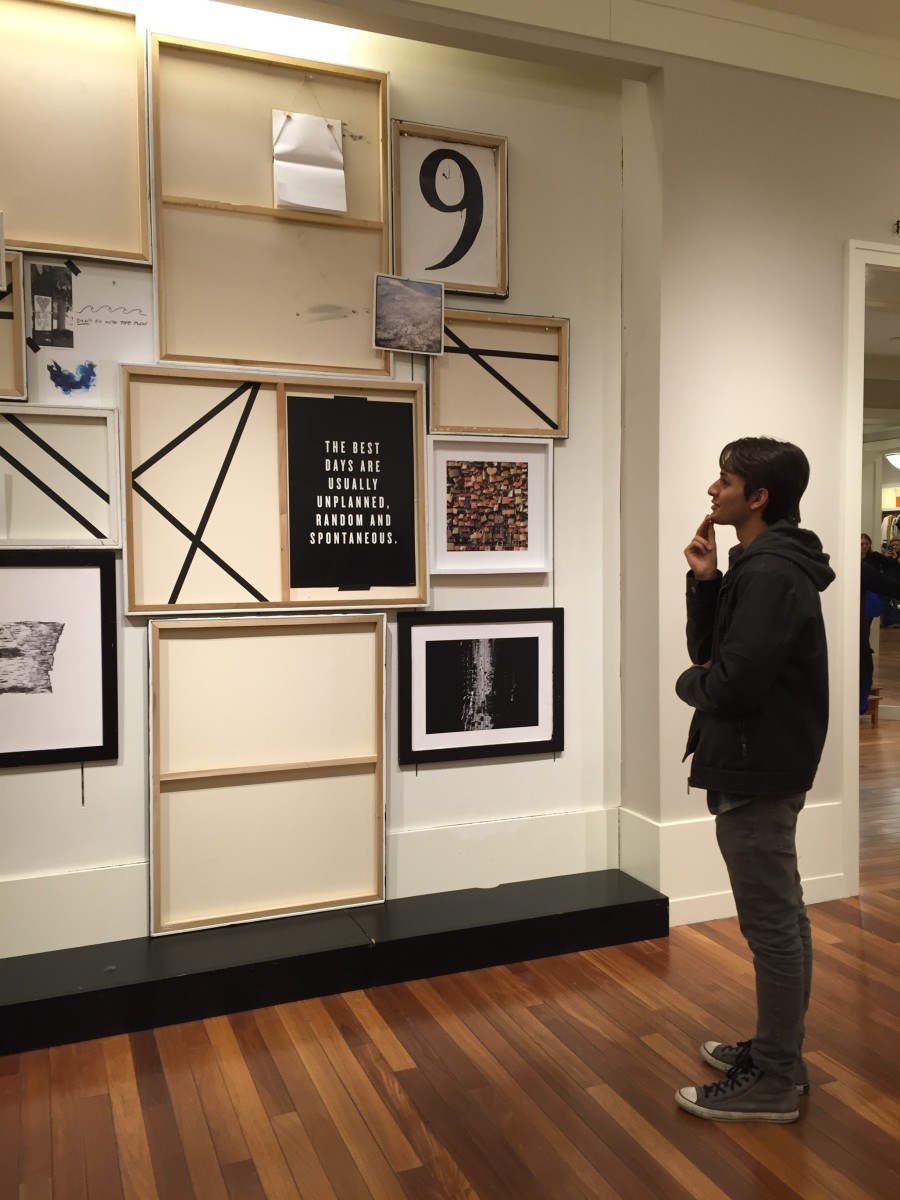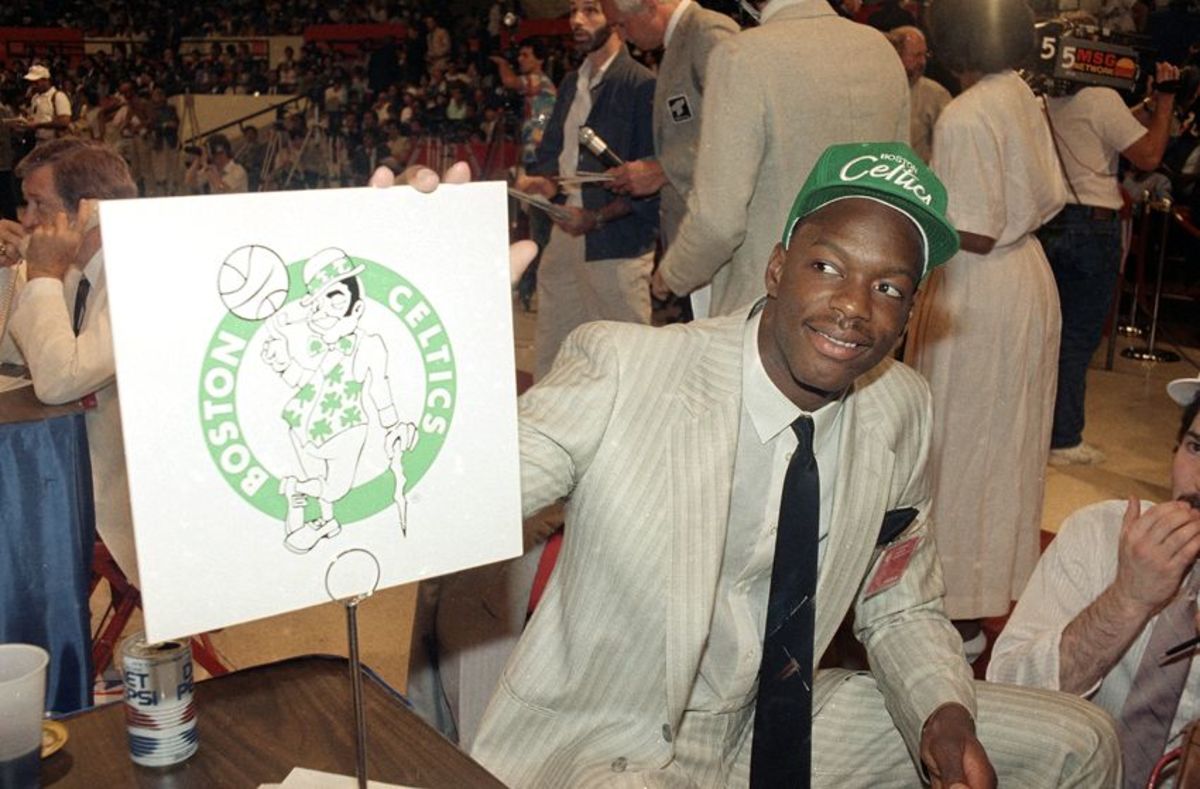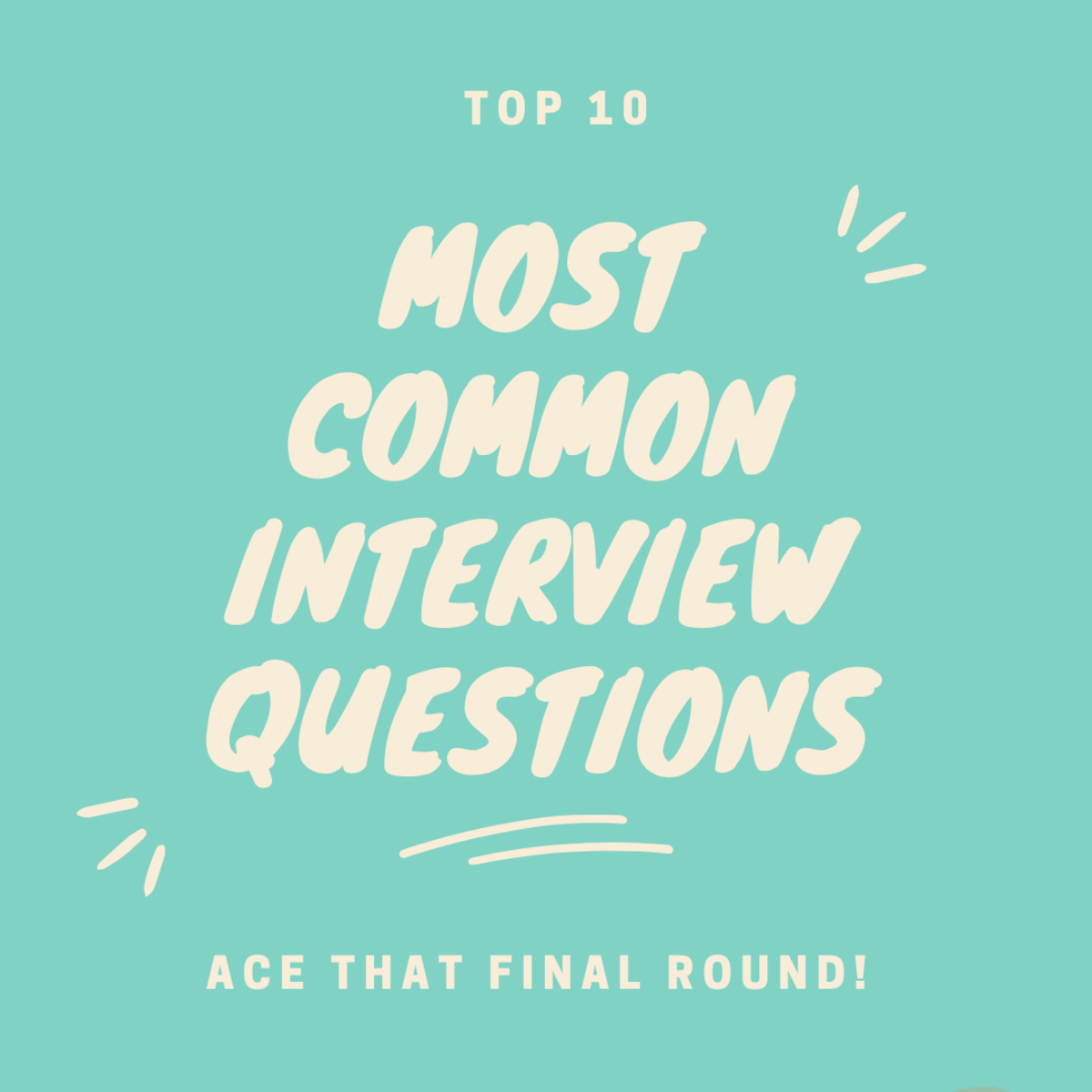Is the Stigma and Bias against Online Degrees Illegal?

The Unfair Bias Against Online Degrees
Online degree holders perform as well as, or slightly better than, campus degree holders. Why does a persistent bias continue to exist? Let's explore some comments from those who decry online degrees. In response to an article on Ashford University, a former, self described "online teacher" (who taught a class on "medical terminology"...somewhere), smartchick posted:
Also, be wary of the resume impact. As someone who has hired many people over the years, and served on numerous hiring committees, I will tell you that there is a bias. Certain institutions, when appearing on a resume, route it to the trash can. The institutions most likely to land your resume in "File 13" are those perceived to be diploma mills, or rigorless online degree factories. -Smartchick
In a thread following a review of DeVry University, a traditional degree holder made this statement:
"My school is fully accredited by the AACSB and your degree will always be less respected than mine. I have met many big 4 alumni through Beta Alpha Psi an accounting honor society and not one has been a graduate of any online school!
Don't critique my grammar instead of my argument. That just shows you have lost.." -BAP
Let us analyze his statement. The most obvious intellectual, philosophical error made is that if someone commented on his grammar, it directly demonstrates having already lost the debate. This is an obvious non-sequitur. The next blunder he makes is his mention of no members of Beta Alpha Psi having an online degree. Is there any wonder that BAP, which requires as prerequisite to membership that a chapter (meaning a building) already exists at your school, would not have any members from online schools?
Not all degrees carry the same prestige. However, the nature of a man and his emotional maturity are much better predictors of success than the name on the degree he holds.
The above two quotes demonstrate a bias against online degrees. The first sat on a hiring review committee which routinely laughed and trashed applications simply because they had online degrees. (At least, that is the reason she gave, and perhaps believed.) The second is convinced (without citing any studies or sources) that an online degree will "never" be equal to his. So entrenched is his bias that, earlier in his post, he claimed that an earlier poster who claimed to be working for a Big 4 accounting company "is a liar". Note that DeVry accounting graduates pass the CPA exam on the first attempt better than 30% of the time, which beats the performance of many state schools. (42% to 51%, including second time test-takers, pass on any given exam administration. There is a statistical distribution, and some of these brick-and-mortar schools have well below 30% pass rates.)
The Reality of Online Degree Holders
In 2005, Vault released a survey of hiring managers' practices with reference to online degrees. 34% had seen applicants with online degrees. More than half of these, 20% of respondents, said they had hired an online degree holder. In 2005, 54% said they still prefer traditional degree holders over online degrees. However, one savvy hiring manager had this experience:
"The person was tested in all aspects of their field of study with respect to the position and won the position. Great hire it turned out to be!"
In 2009, another survey showed that only 40% continued to prefer traditional degrees over online degrees.
In 2011, the National Survey of Student Engagement (http://nsse.iub.edu), published results of an annual (self-reported) experience of students in higher education curricula. The NSSE site allows any visitor to generate a report from the data. A report comparing online degree holders vs traditional degree holders shows that online students worked much harder to satisfy instructors, wrote more and longer papers, and felt more confident in most areas. Almost every area showed numbers favoring the online degree holders. The generated report included responses from 355,340 students.
- Colorado Study finds “No Significant Difference” in Online Science Courses.
A 2012 Colorado study shows that online degree teachers give lower grades (counters bias); and online degree learners who took online science, including lab work, outperformed after they transferred to 4-year schools- in gpa and work load.
Why it May Be Illegal to Outright Reject Online Degrees
Besides the obvious fact that a selection committee reduces it's pool of potential hires simply because they do not like the name on the banner head of their degree, there may be a legal reason human resources managers should discontinue tossing out all of their online degree applications.
Disparate Impact
Unintentional discrimination, also called "disparate impact" occurs when a recruiting, hiring, or retention practice has the effect of disproportionately excluding a group based on a protected category. Protected categories are defined by Title VII of the 1964 Civil Rights Act as "race, color, religion, sex, or national origin."
Online degree holders are not a protected class, not directly. However, consider the following statistics from the 2009 Annual Report of the University of Phoenix. UOPX students are compared with the nationwide institutional average (NIA).
And, in the end, what was it that the white woman hiring manager really saw on those resumes that caused her derisive reaction? Was it the institution's name? Or, was it some other name? Perhaps she saw "Latisha" or "Garcia" to set her off. Of course, most people today would not dare say that. But, direct the bias at the same people in the name of their degree, and uninformed people might accept it.
Total Enrollment Distribution
Group
| University of Phoenix (%)
| National Average (%)
|
|---|---|---|
White
| 51
| 64
|
Black
| 30
| 13
|
Hispanic
| 11
| 11
|
MInority (pooled)
| 49
| 36
|
Female
| 67
| 57
|
Online Degree Holders are More Likely to be Minorities
Using the above table from the 2008 UOPX Academic Annual Report, we can see the basis of a Disparate Impact suit. Discriminating against UOPX degree holders means a hiring practice has a negative impact on the hiring of race, color and sex. The unseen applicant of the resume which says "University of Phoenix" at the bottom is 1.36 times as likely to be a minority, 1.18 times as likely to be a female, and 2.31 times as likely to be black.
HR Managers should consider the case of Griggs v. Duke Power Co. In recruiting for a coal handler position, Duke Power Co. stipulated that consideration for the position required a high school diploma and meeting the standard in performance on two aptitude tests. In that case, the court ruled that the requirements were discriminatory because the practice had a disparate impact on the hiring of blacks, who were less likely to have high school diplomas. Duke could not establish that the job required a high school degree.
Which professions can demonstrate that an on-campus degree is necessary and required for the work, and that an online degree is insufficient? I cannot think of one.
Firms allowing HR staff to laugh and trash online degree applicants may be subject to risk of losing suit to a protected group under Title VII.
And, there are 355 independent studies showing "No Significant Difference" in online degrees vs traditional degrees.








